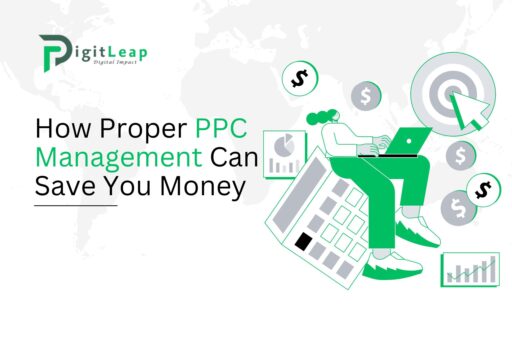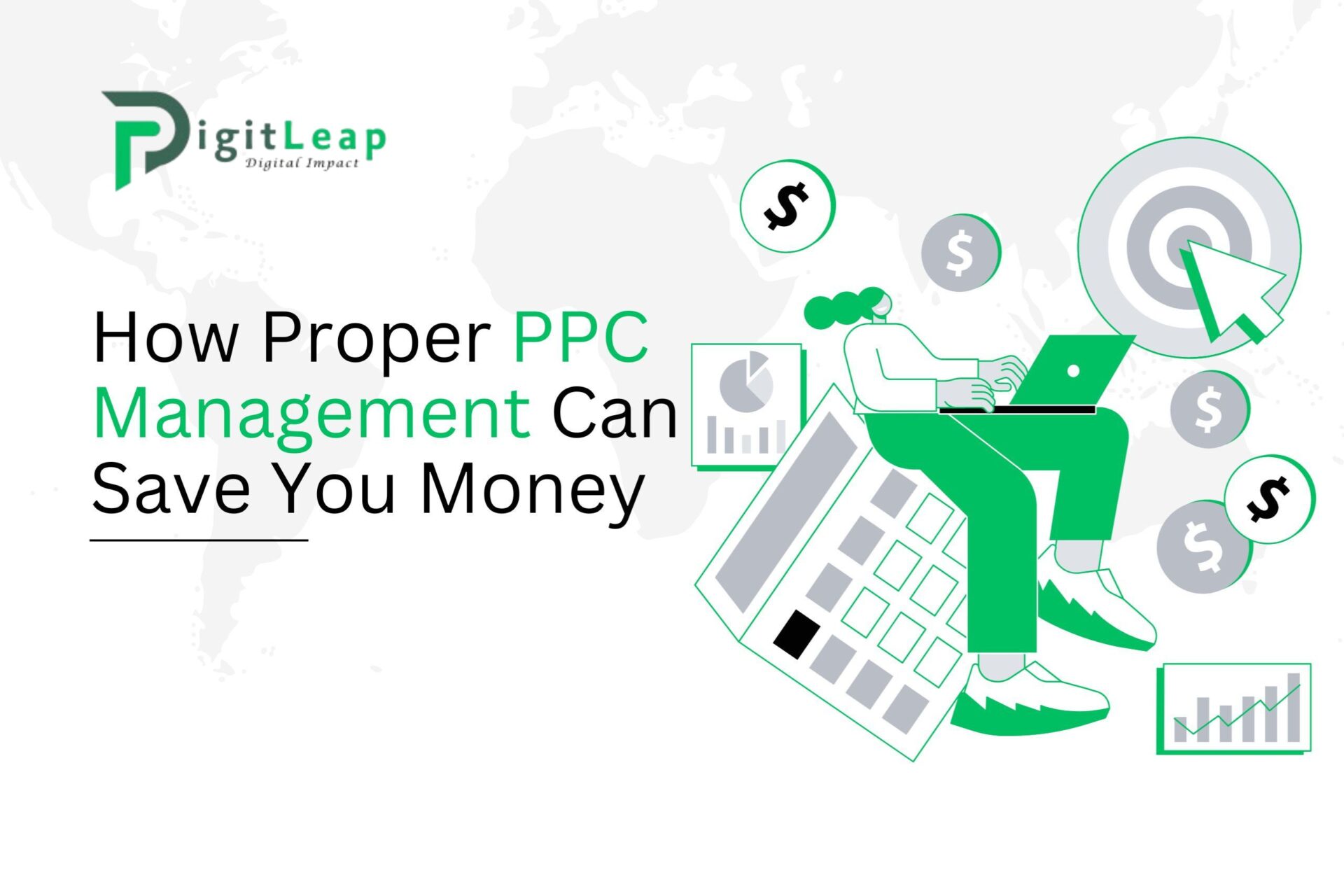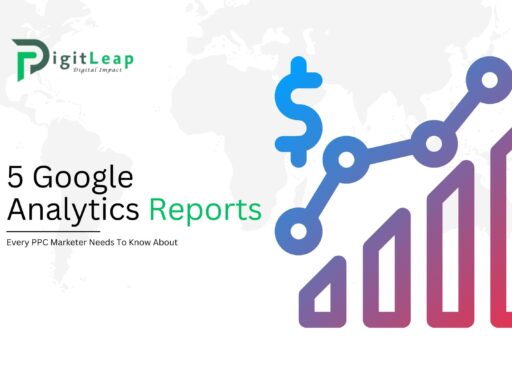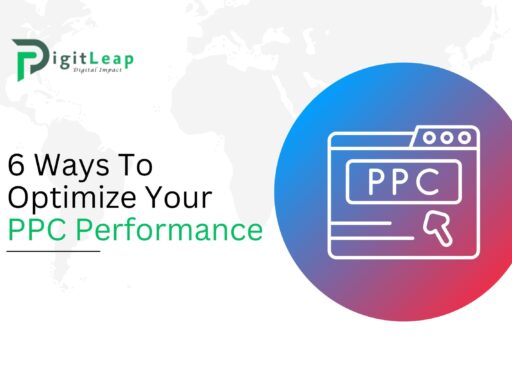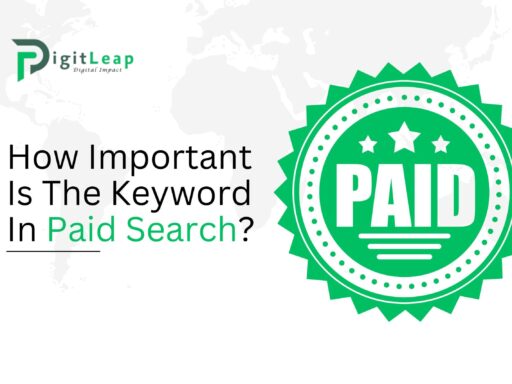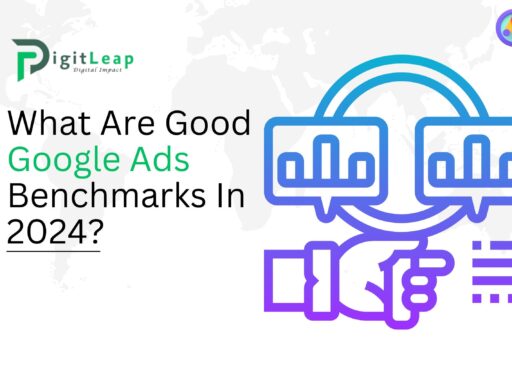How Proper PPC Management Can Save You Money
Pay-per-click (PPC) advertising is one of the most popular ways to drive traffic to your website and increase sales. However, if not managed properly, PPC campaigns can easily drain your budget without delivering the desired results. Many businesses dive into PPC thinking it’s a quick way to gain visibility, but what they often overlook is the importance of proper management. With the right strategies in place, PPC management can not only improve your results but also save you money in the long run.
Let’s explore how proper PPC management can help you get the most out of your ad spend and avoid costly mistakes.
Understanding PPC Advertising
Before diving into management tips, it’s essential to understand the basics of PPC advertising. In a PPC campaign, advertisers bid on keywords relevant to their target audience, and when someone clicks on their ad, the advertiser pays a fee. The cost per click (CPC) varies depending on the competition for that keyword and the quality of your ad.
At first glance, it might seem simple: pay for clicks and get traffic. But here’s the catch — not all clicks are created equal. If you’re not targeting the right audience or optimizing your campaigns, you could be paying for clicks that don’t lead to conversions, meaning wasted money. This is where proper PPC management comes in.
Targeting the Right Audience
One of the most critical aspects of PPC management is ensuring that your ads are reaching the right people. If your ads are being shown to an audience that isn’t interested in your products or services, you’re essentially throwing money away. Proper targeting involves:
- Using specific keywords: Broad keywords might bring in a lot of traffic, but they could also attract irrelevant clicks. Focus on keywords that are directly related to your offering, and make use of long-tail keywords to capture more intent-driven searches.
- Demographic targeting: Age, gender, location, and interests can all play a significant role in who clicks on your ads. PPC platforms like Google Ads and Facebook Ads offer detailed targeting options that allow you to reach specific groups of people, making your ads more relevant and cost-effective.
- Excluding the wrong audience: Just as important as targeting the right people is ensuring you exclude those who aren’t a good fit. Negative keywords help filter out irrelevant traffic, ensuring you’re not paying for clicks from users who are unlikely to convert.
Optimizing Your Ad Copy and Design
Another crucial factor in PPC success is the quality of your ads. It’s not just about getting people to click; it’s about getting the right people to click. Well-written ad copy and engaging design can significantly improve your click-through rate (CTR), which is a key indicator of how relevant your ad is to your audience. The higher your CTR, the more efficient your campaigns will be, and Google will reward you with lower costs.
Here are some key points for optimizing your ads:
- Create compelling headlines: Your headline is the first thing users will see, so make it attention-grabbing and relevant to their search query.
- Use clear calls to action (CTA): Tell users exactly what they should do next. Whether it’s “Buy Now,” “Learn More,” or “Get a Free Quote,” a strong CTA can encourage more conversions.
- A/B test your ads: Don’t settle for the first version of your ad. Continuously test different headlines, descriptions, and images to see what resonates best with your audience. This practice can lead to more clicks at a lower cost.
Monitoring and Adjusting Campaigns
PPC campaigns are not a “set it and forget it” type of advertising. Proper management means constantly monitoring your performance and making adjustments as needed. By regularly reviewing key metrics such as CTR, conversion rate, and cost per acquisition (CPA), you can spot trends and areas for improvement.
Here’s why continuous monitoring is so important:
- Preventing budget waste: Without regular monitoring, you might not notice if a particular keyword or ad isn’t performing well, which means you’re paying for clicks that don’t convert. By catching this early, you can pause underperforming ads and reallocate your budget to higher-performing ones.
- Adapting to competition: The PPC landscape is highly competitive, and your competitors are also making adjustments to their campaigns. By staying on top of changes in CPC and ad positioning, you can maintain your competitive edge without overspending.
- Capitalizing on trends: Market conditions and consumer behavior can change quickly. For example, seasonal trends might affect what people are searching for. By keeping an eye on these shifts, you can adjust your campaigns to make the most of timely opportunities.
Managing Your Budget Effectively
A big part of PPC management is making sure you’re spending your budget wisely. It’s easy to blow through your budget quickly if you’re not careful, but with the right strategies in place, you can stretch your dollars further. Here’s how:
- Set a daily budget cap: This ensures that you don’t accidentally overspend in a single day. Platforms like Google Ads allow you to set a daily limit, so you have full control over how much you’re spending.
- Focus on high-performing keywords: Once you identify the keywords that are driving the most conversions, consider allocating more of your budget to them. It’s better to spend more on keywords that deliver results rather than spreading your budget too thin across underperforming ones.
- Use bid adjustments: PPC platforms offer automated bidding strategies based on performance metrics. For example, if a particular keyword or time of day tends to bring in more conversions, you can increase your bids for those specific conditions to maximize results without increasing your overall budget.
Measuring Return on Investment (ROI)
When it comes to saving money on PPC, you should always be thinking in terms of return on investment (ROI). Even if you’re spending less per click, it won’t matter if those clicks aren’t leading to sales. Proper PPC management focuses on not just minimizing costs but also maximizing the revenue generated from those clicks.
To measure your ROI effectively:
- Track conversions: Set up conversion tracking to measure how many leads, sales, or other valuable actions your ads are generating. This will give you a clear picture of whether your PPC efforts are paying off.
- Calculate cost per conversion: Look at how much you’re spending per conversion, not just per click. A high CPC might be worth it if it leads to valuable sales, while a low CPC might still be too expensive if those clicks don’t convert.
- Adjust based on profitability: If certain keywords, ads, or campaigns are consistently delivering a high ROI, focus more of your budget there. Conversely, if something isn’t profitable, don’t be afraid to cut it out.
Conclusion
In the fast-paced world of digital advertising, proper PPC management is essential for saving money and ensuring your campaigns deliver results. By targeting the right audience, optimizing your ads, monitoring performance, managing your budget, and focusing on ROI, you can make the most of your PPC efforts without wasting your budget.
At DigitLeap, we understand the importance of smart PPC management. With our expertise, we can help you optimize your campaigns, reduce costs, and increase your overall profitability. Let us help you take control of your PPC strategy and make your ad spend work harder for you.

